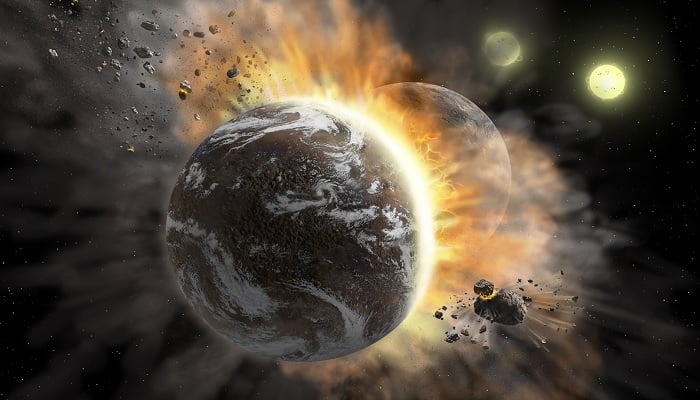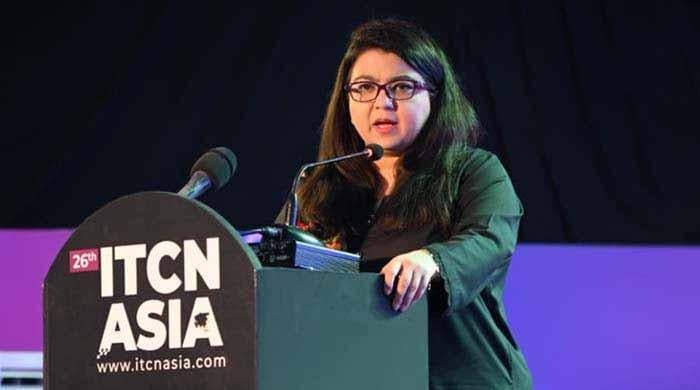What if 'Nibiru cataclysm' comes true and 'wandering' planet collides with Earth?
Despite the scepticism from the scientific community, proponents of the Nibiru cataclysm persistently express their concerns
July 25, 2023

The Nibiru cataclysm is a notorious doomsday scenario, revolving around a large, enigmatic planet that supposedly collides with Earth.
The concept was initially proposed in 1995, with predictions of its occurrence sometime in the early 21st century, according to an article published in UK's Express.
However, as we progress further into this century, many dismiss it as mere speculation and misunderstanding.
Moreover, the existence of Planet X, also referred to as the ninth planet in our Solar System, remains uncertain.
Despite the scepticism from the scientific community, proponents of the Nibiru cataclysm persistently express their concerns, annually forecasting the end of the world due to this hypothetical event.
While scientists overwhelmingly conclude that such a disastrous encounter will not happen, there was a previous acknowledgement from one physicist that there was a "small" chance of its occurrence.
The name Nibiru, or Planet Nine, is associated with ancient Sumerian clay tablets, which describe its supposed trajectory through the early Solar System, supposedly leading to the creation of the asteroid belt and the Earth before vanishing again.
Robert Matthews, a visiting physics professor at Aston University, summarised the fears surrounding Nibiru in 2018.
He acknowledged the existence of failed stars called brown dwarfs beyond the Solar System but reassured that the probability of a catastrophic encounter with one of these objects is extremely low.
The idea of Nibiru crashing into Earth was first introduced by Nancy Lieder, an author who claimed to have been contacted by aliens in 1995. She and her followers initially predicted the world's end in 2003, but after several rescheduled dates, including June 21, 2020, all of them have passed without incident.
Proponents of the Nibiru theory have linked it to the Maya calendar, which supposedly ended on December 21, 2012.
Yet again, this date came and went without any significant events.
Dr John Carlson, director of the Centre for Archaeoastronomy in the US, firmly dismissed claims of an impending doomsday years ago.
He explained that if a planet was indeed approaching Earth, it would be easily visible to everyone and would not require governmental confirmation.
According to the Mayan calendar, the end of the cycle represented the beginning of a new era, with an enigmatic deity named Bolon Yokte' K'uh responsible for renewing the cosmos and establishing order in space and time.









